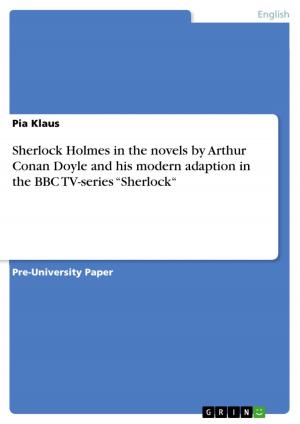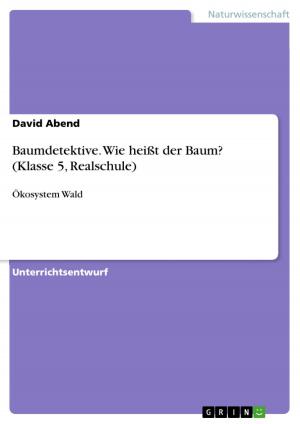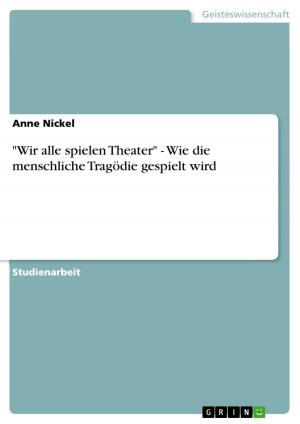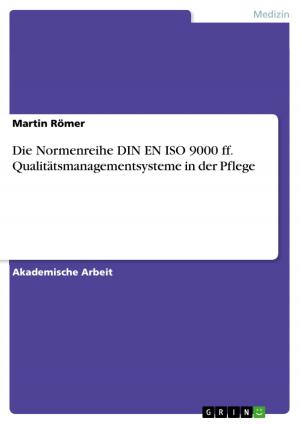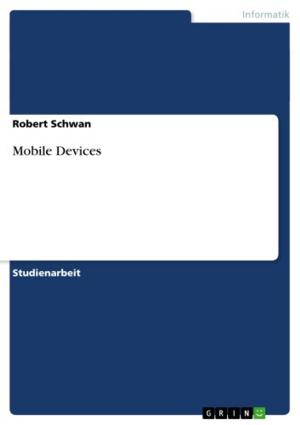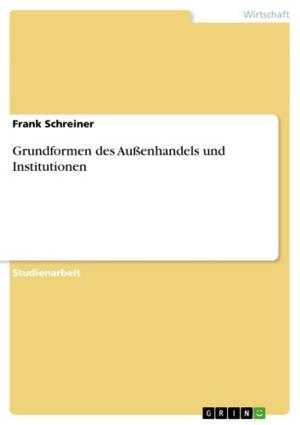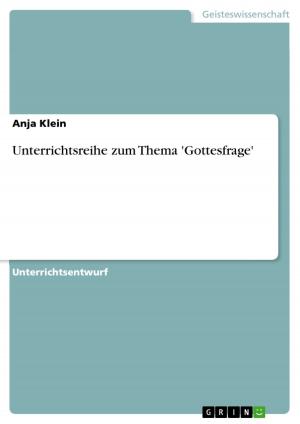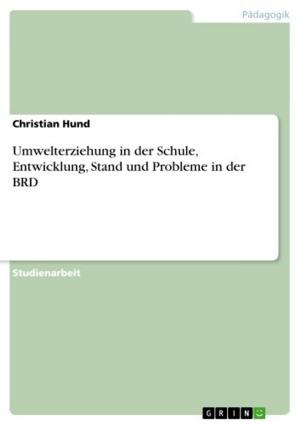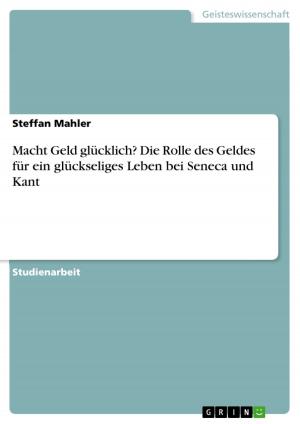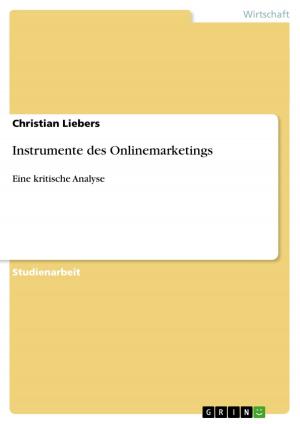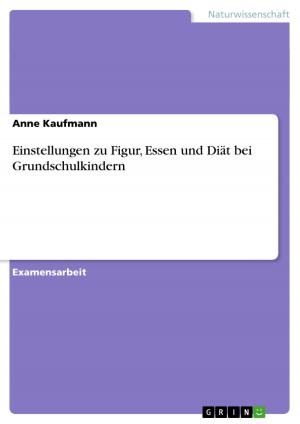The significance of learners' errors for English as a foreign language
Nonfiction, Reference & Language, Study Aids, ESL, Foreign Languages| Author: | Anonymous | ISBN: | 9783668263352 |
| Publisher: | GRIN Verlag | Publication: | July 19, 2016 |
| Imprint: | GRIN Verlag | Language: | English |
| Author: | Anonymous |
| ISBN: | 9783668263352 |
| Publisher: | GRIN Verlag |
| Publication: | July 19, 2016 |
| Imprint: | GRIN Verlag |
| Language: | English |
Seminar paper from the year 2015 in the subject English - Pedagogy, Didactics, Literature Studies, grade: 2,0, University of Kassel (Geistes- und Kulturwissenschaften), course: Error Analysis, language: English, abstract: The significance of learners' errors and mistakes in the process of learning English as a foreign language has been widely discussed in the field of second language acquisition. This paper aims at examining how appropriate the approach of 'error analysis' is to characterize students' errors in order to be able to adapt the content of school lessons according to their difficulties. To do so, the difference of 'error' and 'mistake' will be explained and important concepts of interlanguage and fossilization will be introduced. The second part of this paper will deal with the identification and classification of errors and will show possible ways of their treatment through providing corrective feedback. Finally, an authentic student material will be analyzed according to the 'error analysis' approach, through showing what kind of errors and mistakes can be found, and how they could be corrected. Furthermore, a feedback on improvement will be formulated.
Seminar paper from the year 2015 in the subject English - Pedagogy, Didactics, Literature Studies, grade: 2,0, University of Kassel (Geistes- und Kulturwissenschaften), course: Error Analysis, language: English, abstract: The significance of learners' errors and mistakes in the process of learning English as a foreign language has been widely discussed in the field of second language acquisition. This paper aims at examining how appropriate the approach of 'error analysis' is to characterize students' errors in order to be able to adapt the content of school lessons according to their difficulties. To do so, the difference of 'error' and 'mistake' will be explained and important concepts of interlanguage and fossilization will be introduced. The second part of this paper will deal with the identification and classification of errors and will show possible ways of their treatment through providing corrective feedback. Finally, an authentic student material will be analyzed according to the 'error analysis' approach, through showing what kind of errors and mistakes can be found, and how they could be corrected. Furthermore, a feedback on improvement will be formulated.


